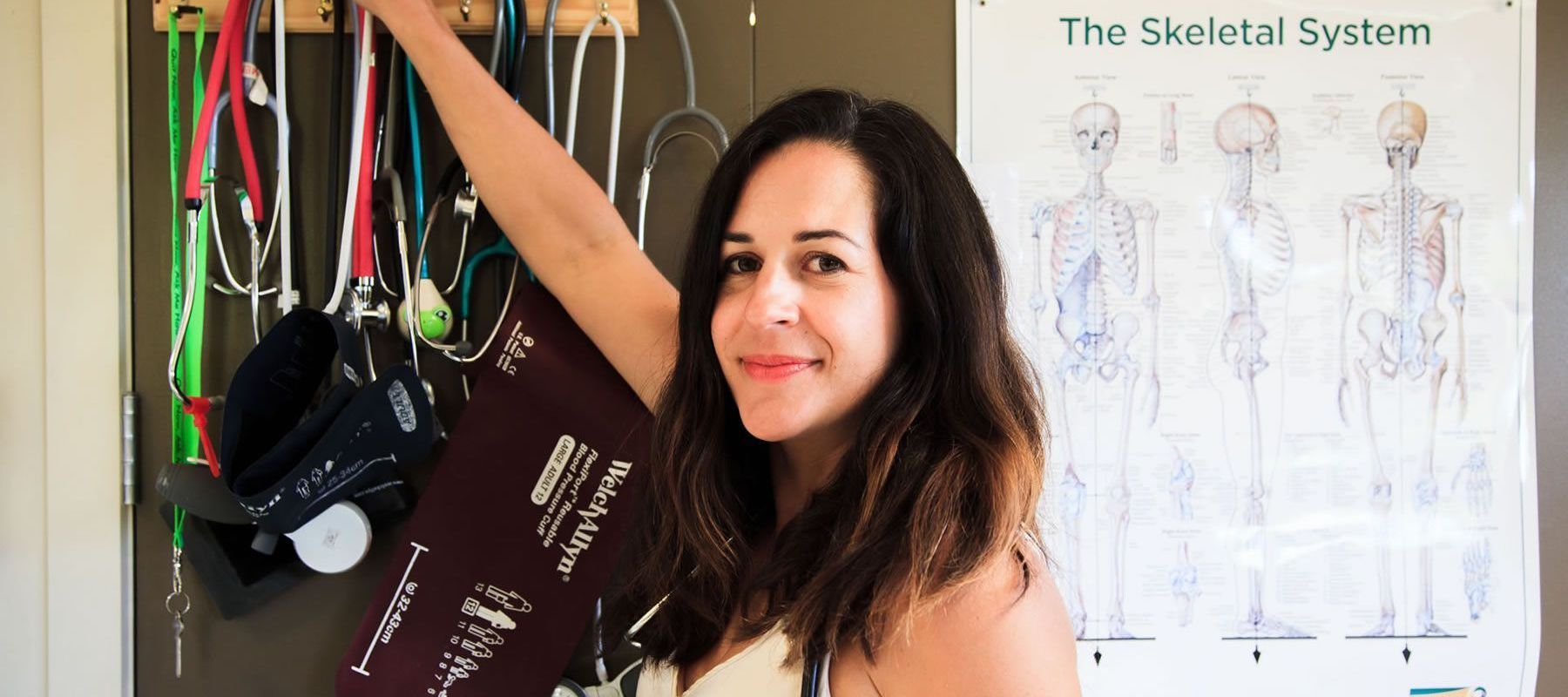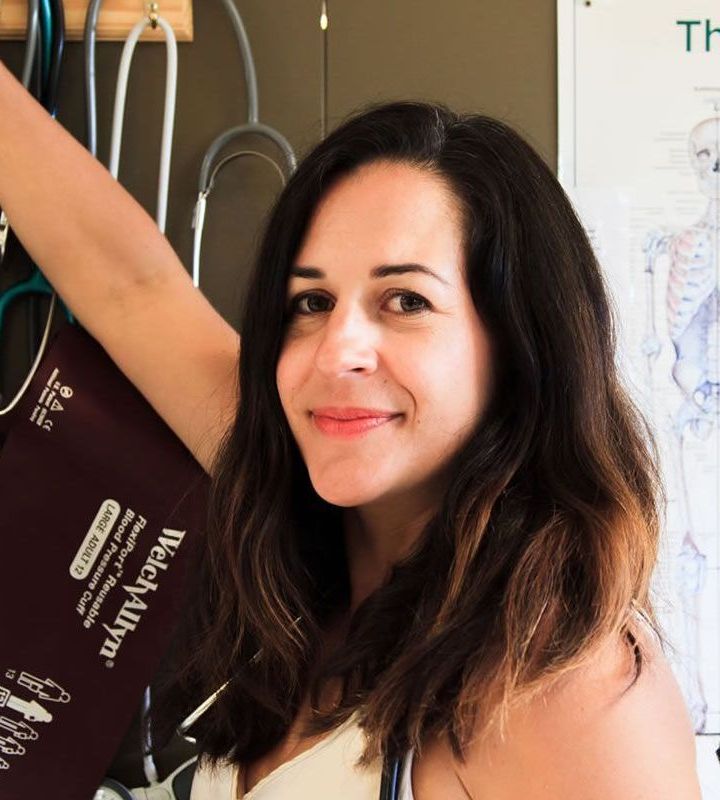Management of Poisoning
Poisoning means exposure to a substance that is harmful to your body.
Acute poisoning results from poison entering the body in a short time. Chronic poisoning results from gradual accumulation of a poison.
Poisons can be swallowed, inhaled, absorbed through your skin or injected under your skin. Nearly all poisonings are accidental.
Some poisons have only minor effects and others can have serious consequences (such as seizures, difficulty breathing, uneven heartbeat, or liver or kidney failure). These need immediate medical treatment.
National Poisons Centre
The National Poisons Centre has a 24-hour freephone 0800 764 766 that you can call to get help and information if you think you or a family member has been exposed to a poison. Don’t take risks – call if you have any worries at all.
Most things can be poisonous, depending on:
- how much is taken
- the age and size of the person
- whether they’re already ill
- whether they’re taking other medicines that might react.
Some substances can cause serious effects even in small amounts and you should act immediately. Check the packet or bottle for instructions and call the National Poisons Centre.
Children are most at risk of being poisoned. Always store medicines and harmful chemicals out of reach and out of sight from children.
Older people are also more likely to poison themselves accidentally because of confusion (misunderstanding instructions) or poor eyesight (misreading labels). They’re also more likely to have a variety of medications and other substances in their home that could be poisonous.
Call the National Poisons Centre for advice
Call the National Poisons Centre on 0800 764 766 if someone has:
- accidentally swallowed any medicine, household, agricultural or industrial chemicals, or plants, berries or mushrooms
- accidentally taken too much of a medicine (overdose), with or without symptoms
- breathed in toxic or chemical fumes
- had skin or eyes splashed with toxic products or chemicals
- taken recreational drugs, herbal highs or chemical substances in any way or form, with or without symptoms. Typically these products cause euphoria but can also result in:
- agitation
- vomiting
- abdominal pain
- seizures
- abnormal heart rhythms
- serotonin syndrome (which can result in death).
A lot of poisoning cases can be treated safely at home with the correct advice. Call the National Poisons Centre now on 0800 764 766 to get that advice.
Call 111 if the person is unconscious or has stopped breathing.
Herbal highs
The active drug in the pills commonly known as herbal ecstasy or herbal speed is benzylpiperazine. It typically causes euphoria but can also result in:
- agitation
- vomiting
- abdominal pain
- seizures
- abnormal heart rhythms.
In rare cases, users may suffer from serotonin syndrome, which can result in death.

